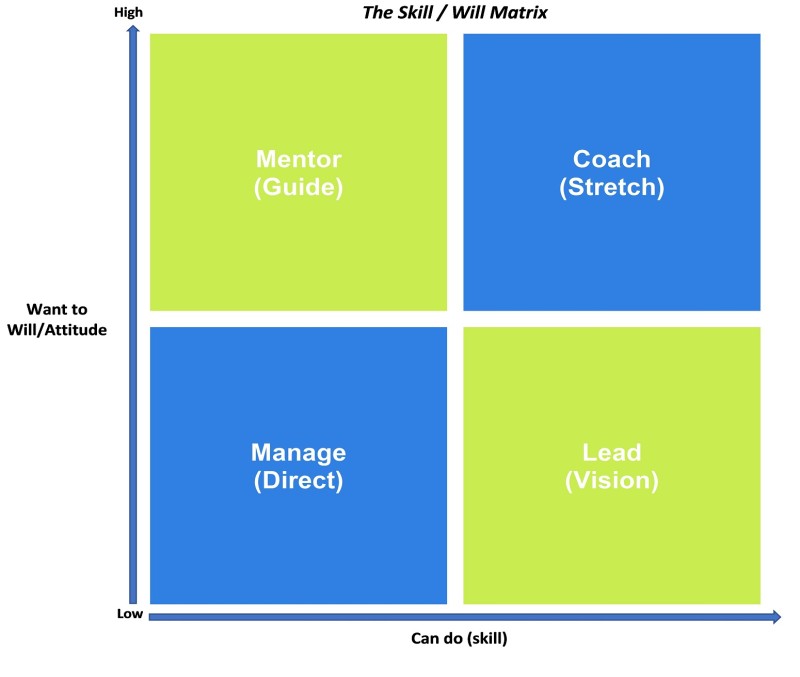Simplifying cash flow in your business: Here are five basic principles
Even companies with lots of customers and sales can fail if they don’t have enough cash to pay their...
As 2022 wraps up, it is timely to reflect on the year and plan our human resources considerations for 2023.
Time to read: 4 mins
Talent sourcing has been an ongoing challenge this year, but employers seem to have successfully revisited their talent acquisition strategies and practices, and are now shifting focus to workforce planning, resetting teams via team development and managing any friction.
For 2023, it’s important to set a clear vision, engage and develop staff, and build a culture that retains high performers. However, one of the flipsides for employers is the need to carefully navigate workplace relationship challenges that have emerged over the past two years. It’s fair to say that employers and employees alike are experiencing an overarching sense of wariness. Tolerance levels are frayed, and various tension and conflicts are surfacing. It is important for employers, front-line supervisors and team leads to be acutely aware of the required processes around conversations that need to occur.
Neuroscience has found the old adage "you can’t teach an old dog new tricks" is incorrect. Neural plasticity means people can change their thinking and approach. Set clear expectations (clarity is kind!) and give feedback, albeit appropriately, to create awareness around your concerns. Great feedback has five components – the context, the behaviour, its impact and what needs to be different, and then check for input from the receiver.
Today’s managers and leaders just about need to be psychologists to read people and situations then adapt their approach to suit. It requires a level of curiosity to ask yourself, “do I need to provide management, mentoring, coaching or inspiration?”. The answer to those four components will be a combination of two things – the employee’s skill (ability) and will (attitude). We call this The Skill / Will Matrix (an adaption of Hersey and Blanchard’s original situational leadership model).

Managing scenarios in the bottom left quadrant can be tricky. Currently we are seeing a lot of employee-manager and employee-employee conflict in workplaces. This can be difficult to journey through and needs careful management. The situation is often due to a series of misunderstandings or miscommunications that need to be tabled and unpacked. Using an independent facilitator is a great way to steer discussions towards resolution – it’s always better to not let these scenarios fester to the point where they need an “ambulance at the bottom of the cliff” response.
It’s important that your front-line people understand the overarching principles of employment law, what can and can’t be said, and which processes need to be followed. A portion of the bottom quadrant may, however, need a more formal course of action. It is useful to be aware that the processes differ for disciplinary issues (involving misconduct) and issues around performance (involving capability). Be wary of confusing the two.
“Misconduct” and “Serious Misconduct” cover multiple things from absenteeism or not following instructions through to bullying and harassment. These can be extremely sensitive subjects and any workplace investigation may require a Licensed Private Investigator. Licensed PIs ensure full understanding of the required legal processes, mitigate accusations of internal bias and assist employers in making their next decisions.
If issues relate to performance, employees must be given sufficient opportunity to improve by way of a PIP (Performance Improvement Plan) with specific actions and timeframes. Without this in place, employers should not proceed to disciplinary sanctions or exit conversations.
Upskilling your leaders and frontline staff to help them provide the right intervention for their people, be it in leadership, coaching, mentoring or having effective conversations as a manager (even when it’s tricky), will work towards a culture of accountability and clarity in 2023.
DISCLAIMER No liability is assumed by Baker Tilly Staples Rodway for any losses suffered by any person relying directly or indirectly upon any article within this website. It is recommended that you consult your advisor before acting on this information.
Our website uses cookies to help understand and improve your experience. Please let us know if that’s okay by you.
Cookies help us understand how you use our website, so we can serve up the right information here and in our other marketing.